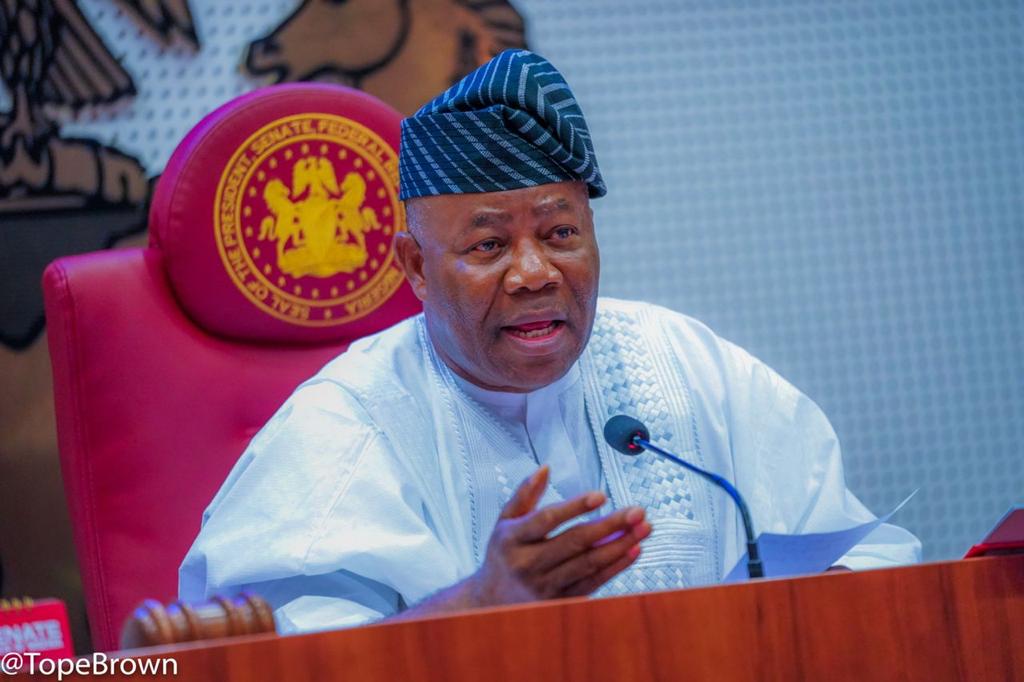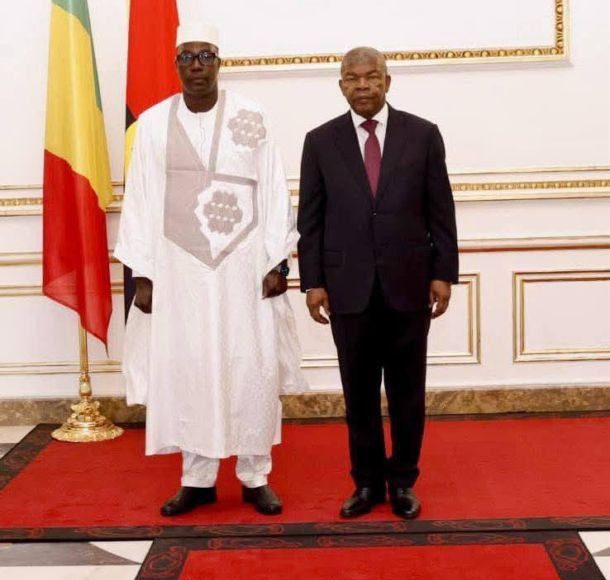
Federal High Court Stops Akpabio, Natasha from Granting Media Interviews

The Federal High Court in Abuja has restrained Senator Natasha Akpoti-Uduaghan, Senate President Godswill Akpabio, and other parties from making public statements regarding the ongoing lawsuit filed by the suspended senator.
Justice Binta Nyako issued the order on Friday, emphasising that no party or counsel should grant media interviews, make social media posts, or discuss the case on television until its final determination.
There should be no press interviews by all parties and counsel as regards the subject matter of this case and no streaming or social media posts as regard this case,” Justice Nyako ruled. “There should be total media blockage.”
The case was recently reassigned to Justice Nyako after the previous judge, Justice Obiora Egwuatu, withdrew, citing allegations of bias reportedly levelled against him by Senate President Akpabio, a defendant in the suit.
This development comes amid heightened political tension surrounding Senator Natasha, who represents Kogi Central Senatorial District. The Senate recently suspended her for six months following a report by the Committee on Ethics, Privileges, and Code of Conduct. The senator has alleged that her suspension is politically motivated and has accused Senate President Akpabio of harassment and victimisation.
Recall that the Independent National Electoral Commission (INEC) has announced that the petition seeking to recall Akpoti-Uduaghan has failed to meet constitutional requirements.
In a statement on its official X page, INEC declared:
“The petition for the recall of the Senator representing the Kogi Central Senatorial District has not met the requirement of Section 69(a) of the Constitution of the Federal Republic of Nigeria 1999 (as amended). Detailed statement shortly.”
The recall effort had faced scrutiny from the outset, with critics alleging it was a politically motivated attempt to remove the senator.
INEC initially confirmed receiving the petition but later found it lacked essential details such as petitioners’ contact addresses, phone numbers, and email addresses. Though these details were later submitted, INEC ultimately determined that the petition did not satisfy the constitutional threshold.
Read: Nigeria’s Central Bank Issues New FX Code, Mandates Compliance for Banks and BDCs
About The Author
Related Articles
Zimbabwe Rejects $350m US Health Deal Over Sovereignty Dispute
Zimbabwe has formally withdrawn from negotiations on a proposed $350 million health...
ByWest Africa WeeklyFebruary 25, 2026Niger’s President Outlines Vision for Strategic Partnership with China
Niger’s Head of State, General Abdourahmane Tiani, has articulated a renewed vision...
ByWest Africa WeeklyFebruary 25, 2026Fire Destroys 140 Tonnes of Cotton in Western Burkina Faso
A major fire has destroyed more than 140 tonnes of cotton in...
ByWest Africa WeeklyFebruary 25, 2026Mali’s New Ambassador to Angola Presents Credentials, Pledges Stronger Bilateral Ties
Diplomatic relations between Mali and Angola entered a new phase on February...
ByWest Africa WeeklyFebruary 25, 2026












Leave a comment